HaRav Pinchas Goldschmidt, who left Moscow five months ago after refusing to support the Russian invasion of Ukraine, spoke with Yisrael Hayom from his new office in Jerusalem, which he received as president of the Conference of European Rabbis.
Rav Goldschmidt said that his departure from Russia was not overly dramatic.
“My wife and I arrived at the Moscow airport, each of us carrying a single suitcase, and that was it. At the airport, police stopped us and asked us why we were leaving. I explained that my father was in the hospital in Israel, and I wanted to visit him. After being questioned briefly, we flew to Budapest via Istanbul, and since then we haven’t returned to Russia.”
“If they ever make a movie about us leaving, they’ll portray it as if it was in the middle of the night. But the truth is, we left at mid-day. Less colorful, I know.”
Rav Goldschmidt says that now that he left Russia, which he describes as having turned into “Iran,” he feels at ease for the first time in decades. “Suddenly, I don’t have to stay quiet,” he said, adding that shorly before his departure, Russia had reverted to a reality that was “very disturbingly similar” to the USSR he was familiar with from 30 years earlier when he first began living behind the Iron Curtain.
“I went to bed on February 23rd, the night prior to the war, and the next morning I woke up and realized I was in a completely different country, with different laws and rules. In the Soviet Union, Jews weren’t allowed to live according to their faith, and weren’t allowed to decide where they would live – and suddenly I saw these laws being renewed in modern-day Russia. If someone criticized the war, he could be put in prison for 15 years, and things that were more or less dependent on the government closed down. From day to day I saw more and more arrests of people who opposed the war, I saw images of people going out on the streets and being arrested – grandmothers and grandfathers being arrested, without trials. These are very difficult sights, reminiscent of dark times.”
“And I saw Jews trying to leave the country. There was an atmosphere of fear, even hysteria. The western sanctions on Russia also made me feel like we’d gone back to the days of the USSR. Planes stopped flying from Russia to Europe, and the West demanded all its leased aircraft back. In a situation like that, who knew how long flights to Israel would continue? The worse the situation got, the closer I was to deciding to leave. I’m not a private individual. Hundreds, even thousands, of people reached out to me from all over the world, and I’m in touch with them, and I realized that was what I had to do.”
HaRav Goldschmidt also found himself in a difficult position due to the fact he wasn’t just the Rav of Moscow. As the president of the Conference of European Rabbis, he felt that he must condemn the war.
“I found myself in an impossible trap. We knew there would be pressure on the city’s community to support the war. And the pressure really did start. The decision we made was to neither condemn nor support it. We simply didn’t say a word. But I saw what was happening in Ukraine, the Jewish communities being destroyed and the thousands of refugees, while I was sitting in silence, and it burned inside me. I consulted with members of the community, and ultimately, we decided to establish an aid fund for the refugees.”
As the war intensified and the situation worsened for Ukrainian Jews, Rav Goldschmidt found it more and more difficult to keep quiet.
“I looked at the Rabbanim in Ukraine, who had built a community over the course of 30 years, and put their lives into it, building shuls, orphanages – and in one day they needed to leave with their luggage in their hands. It’s a tragedy. Some were heroes, going to great efforts to evacuate members of their communities under attack. There are many stories of heroism.”
On the evening of Sunday, March 6th, Rav Goldschmidt and his wife Dara made the decision to leave.
“I told Dara we were at a special moment in history. One day our children and grandchildren would ask me what I did at this time, if I just sat by and stayed quiet. So together, we decided that I had to leave and help the refugees.”
“We went to Budapest, and from there to Warsaw and Vienna. In every city, we helped refugees who had fled Ukraine get on their feet and find housing.”
When Rav Goldschmidt and his wife first arrived in Moscow in 1989, they found a desert – materially and spiritually. “When I arrived in Moscow, the community was under the control of the KGB. There was a shul and a half operating in the entire city. A million Jews lived in the capital, but maybe a dozen knew the Hebrew alphabet. At the time, there were hundreds of organizations, all underground, that were teaching Hebrew, and they needed to operate under the Soviet radar.”
“The Academy of Sciences was located in a villa in a nice park in the northwest part of the city, and we founded a yeshiva there. We had a Rosh Yeshivah who was a Chassidic rebbe, and a team that included future Supreme Court Justice Tzvi Tal and Professor Shaul Stampfer – who is now head of the Department of History of the Jewish People at the Hebrew University of Jerusalem. Many students from throughout the Soviet Union arrived. One was Ze’ev Elkin, currently the housing and construction minister.”
“In Moscow, I felt like I’d traveled back in time. The cars looked like they were from the 1960s, the shops were completely empty. Clothing and furniture stores had [signs] reading ‘Nothing today,’ and they’d sell goods from the back for 10 times the advertized prices. If you needed a taxi, all you had to do was pull out a pack of Marlboro cigarettes, and the driver would happily take you around for hours.”
Following the dissolution of the Soviet Union in 1990-91, Russian Jews began coming out of the woodwork.
“Suddenly, hundreds of thousands of Russians were saying they were Jewish, without any signs of it.” HaRav Goldschmidt was officially appointed the Chief Rabbi of Moscow in 1993 and he began founding Jewish schools, a challenging task when the teachers often didn’t know much more about Yiddishkeit than their students. “At night, we’d teach the teachers, and in the morning they’d teach it in class. Those were crazy times.”
HaRav Goldschmidt said that the new oligarchs had a vital role in the flourishing of the Jewish community. “Eighty percent of the oligarchs were Jewish, but they didn’t know anything about Judaism. I went from banker to banker, that’s what they were called then, and explained that we needed to establish a community. At first, they didn’t understand why.”
But the oligarchs began to pitch in and the community gained more and more institutions, including schools, yeshivas, kollellim, and mikvaos.
After Putin began rising to power in 2000, HaRav Goldschmidt began facing opposition from the Russian government for the first time.
“In 2000, when the Russians tried to take control of our community, they took away my residence visa. In 2005, after I returned to Moscow from Israel, they arrested me at the airport and gave me a hard time coming in. When Dmitry Medvedev was president of Russia, we had some peace, and because the community pushed for it, I took out Russian citizenship.
“In 2018, they tried to get rid of me again, but this time it was harder for them because it was too dramatic to arrest me over and over. What was their solution? Every time I crossed the border, they stopped me for hours, with questioning and demands. They tried to make my life miserable, but it didn’t work.”
But “it worked this year,” after the war in Ukraine began, or as Rav Goldschmidt puts it: “This time they went too far.”
Yisrael Hayom: While making your life miserable, as you put it, do you think the authorities tapped your conversations or followed you in Moscow?
“I don’t think they listened in on me, I know they did – every word. My working assumption was that they heard every word I said. I heard stories about Rabbanim in the Soviet Union in the 1990s who were spied on even in the bathroom, and I identified with that, even though I assume that the tapping is much more electronic and efficient. It wasn’t just me they were after. It was obvious that the regime wanted details about what every single citizen was doing, especially important ones, so it was clear that they were listening.”
Yisrael Hayom: Did you ever fear for your life during your years there?
“I wasn’t afraid for my life, even though, as I said, there were a few attempts to get me to leave Russia after Putin came to power.”
Rav Goldschmidt also spoke about the current crisis between Israel and Russia over the threatened closure of the Jewish Agency, mainly due to the Agency’s role in assisting Russian Jews to make aliyah. According to a Yisrael Hayom report last week, over 50,000 Russians have arrived in Israel since the start of the war in Ukraine, of whom 20,000 have made aliyah.
“I’m certain that it’s a very hard decision for everyone who leaves because you’re talking about a drastic change, even to their quality of life. Moscow is a huge, glorious city in many respects, but they’ve decided to leave because their future is uncertain and starting to look dark. You have to understand that it’s a very real possibility that the Iron Curtain could come down again. The Russian Foreign Ministry announced that soon, no more visas would be issued for western countries. Belarus, which is now more like a Russian province than a sovereign state, passed a law that allows the KGB to arrest anyone who wants to leave.”
“The foundational assumption that anyone can live wherever they want has been pulled out from underneath the feet of Russian citizens. There is danger for Jews, no doubt. The Jewish community is being held hostage to the diplomatic war between Russia and Israel, and that’s not a position the Jewish community should be in. It’s a very dangerous situation.”
“Another reason Jews are leaving is the problem of anti-Semitism. There have been a few warning signs recently. The dispute over shutting down the Jewish Agency, remarks by Russian Foreign Minister Sergey Lavrov, who said ‘Hitler had Jewish blood, too.’ Some academics have been arrested. A Jewish professor was arrested even though he was terminally ill, and he died in prison. He’s not the only one. Seventy years after Stalin’s ‘Doctors’ Trial,’ there is concern that we’re seeing it happen again.”
Yisrael Hayom: Are you at peace with your decision to leave Russia?
“I’ve asked myself that same question a number of times, but day by day I’m realizing I did the right thing, for the Jewish community, too. Now I’m in a place where I can help them, and I can talk freely. I’m much calmer now because it’s a relief to talk after not being able to express myself for years. If I were still there, I wouldn’t be able to say a word. Now I’m helping refugees. I didn’t make a mistake. Baruch Hashem, I made the right decision at the right time. If I hadn’t left then, I wouldn’t be able to get out now.”
Yisrael Hayom: Do you feel guilty for leaving your community behind?
“Obviously, there is a sense of guilt for leaving the community, and my wife feels it even more strongly than I do, but I reached the realization that today, from every perspective, it’s better for Jews not to be in Russia. It’s not like it was during the Holocaust, when there was no way to get out. I led the way for many families who decided to make aliyah after I did. The political situation [in Russia] creates questions about the future of the Russian Jewish community because in many senses Russia is reverting to the days of the Soviet Union. Can I tell you it was easy? No. My heart is still in Moscow. Even more than missing it, I feel a sense of responsibility. I know I can help the community there much more from Israel, but yes, there is a certain sense that I abandoned them.”
(YWN Israel Desk – Jerusalem)

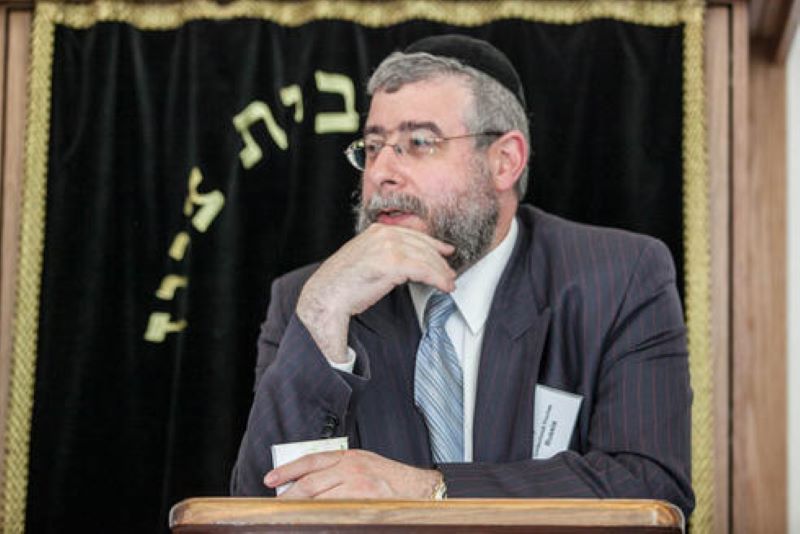
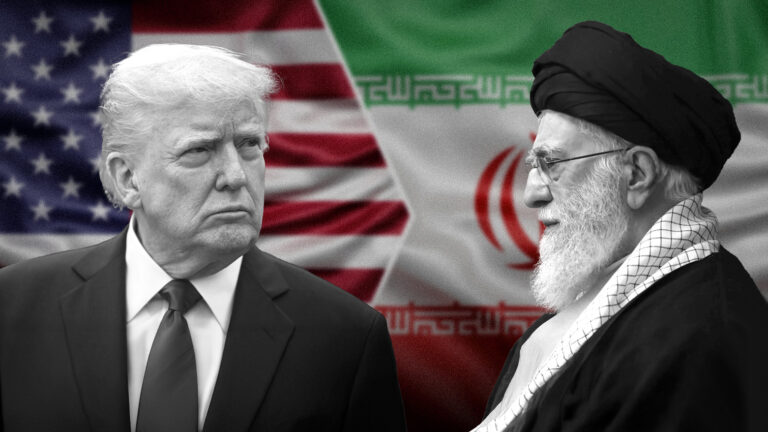
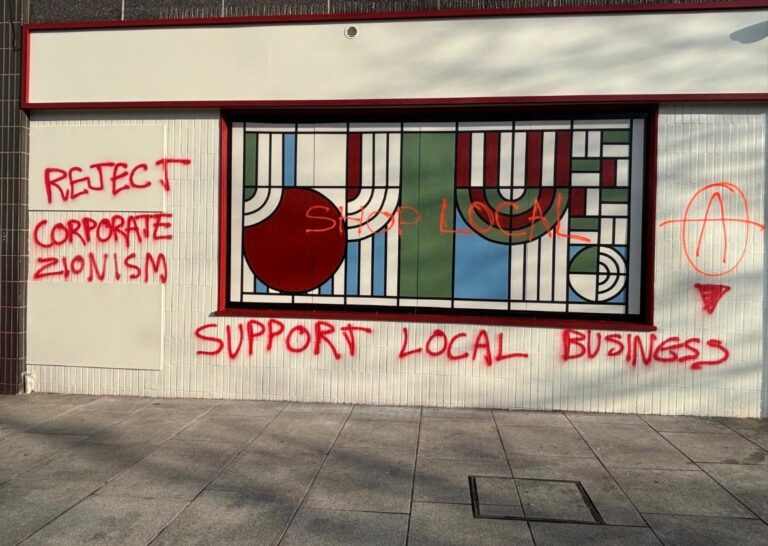
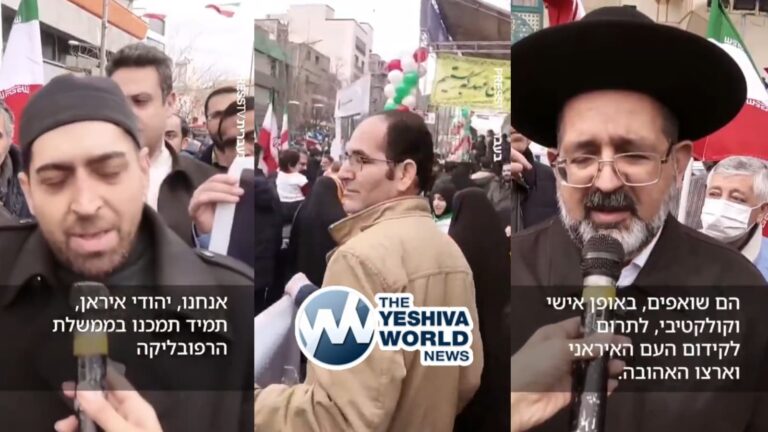
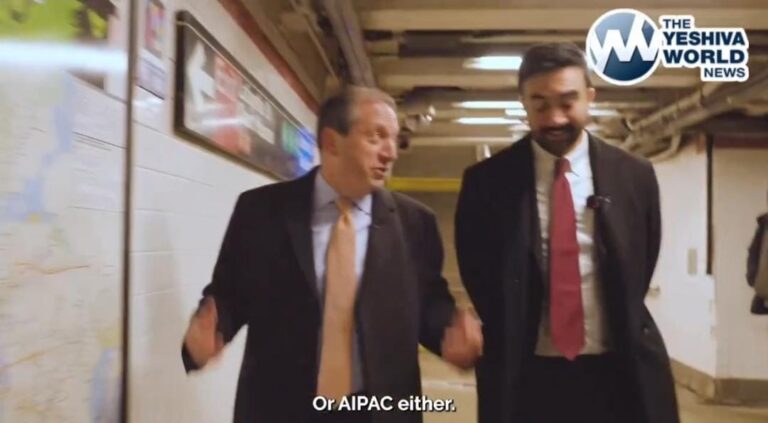
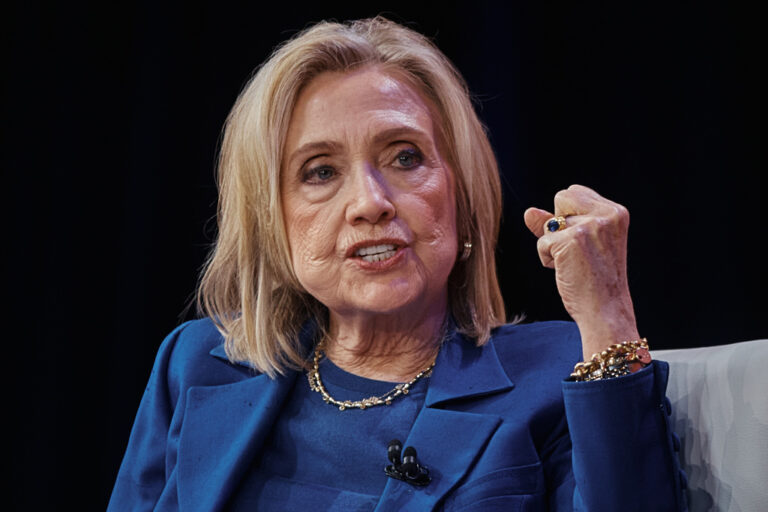
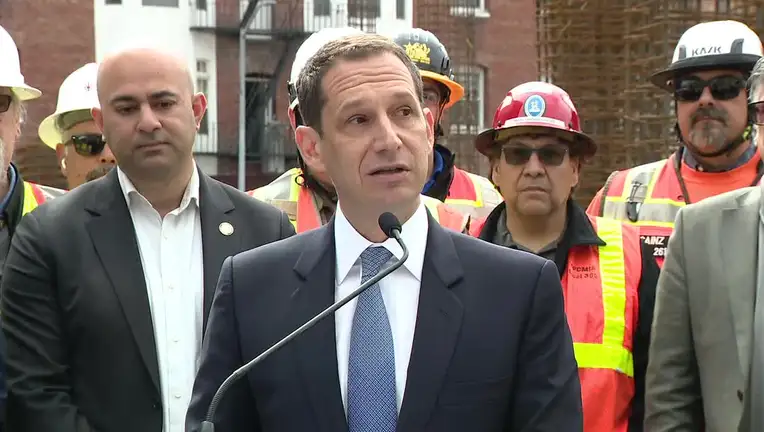
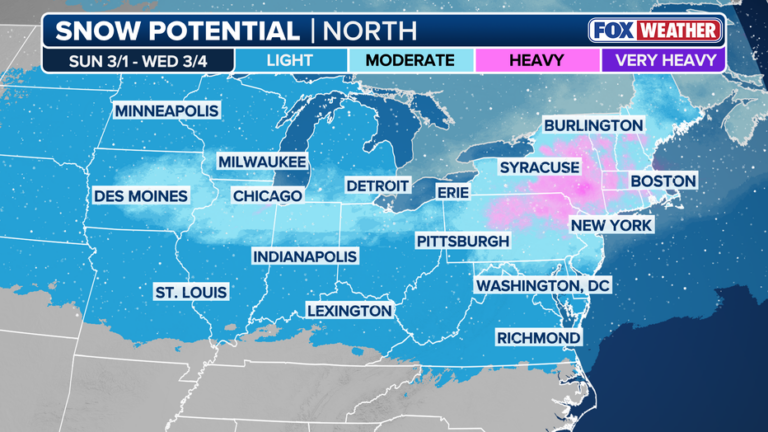
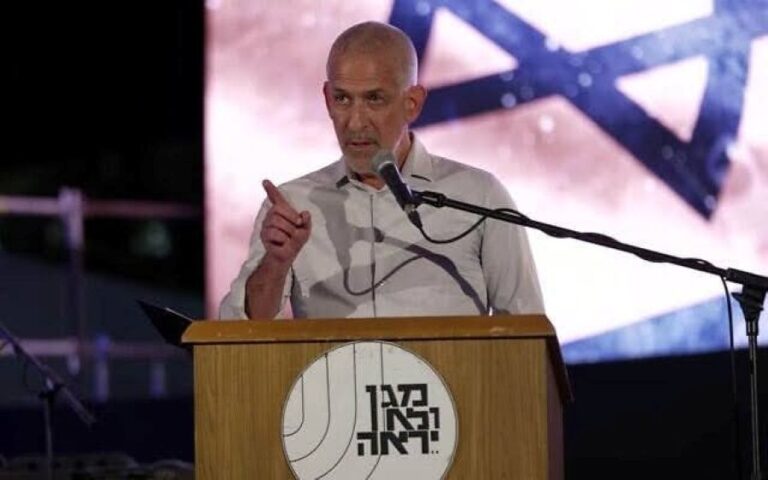


5 Responses
Rav Goldshmidt Shlit”a never saw eye-to-eye with Putin, since Rav Lazar Shlit”a replaced him as Chief Rabbi.
If I hadn’t left then, I wouldn’t be able to get out now.” i.e. Is Rav Lazar now permanently stuck>>imprisoned in Russia?
I explained that my father was in the hospital in Israel, and I wanted to visit him. May Reb Shlomo Goldschmidt had good health & אריכת ימים
This is dramatic escape, even if in the middle of the day, but going with one suite-case to visit a sick father! Maybe, there will be a movie …
Soviet Jews in the 1970s were held hostage, current ones are there willingly. There are stories of Ukrainians who were abducted by Russians who were able to get back home through nearby countries, as long as they passed filtration camp interrogations.. So, those remaining Russian Jews can take the same bus and end up in Ukraine and maybe help Ukrainian Jews, maybe they’ll get a mehilah.
We had a similar situation during WWI when Jews served on both sides – in German and Austro-Hungarian armies as well as Russian… and encountering each other in the trenches, sometimes live, sometimes not…
Does Rav Goldschmidt or anyone else know what’s been done for Jews in the Russian army? Are there Jewish chaplains? Is there any way to publicize names of Jewish soldiers to daven for them?